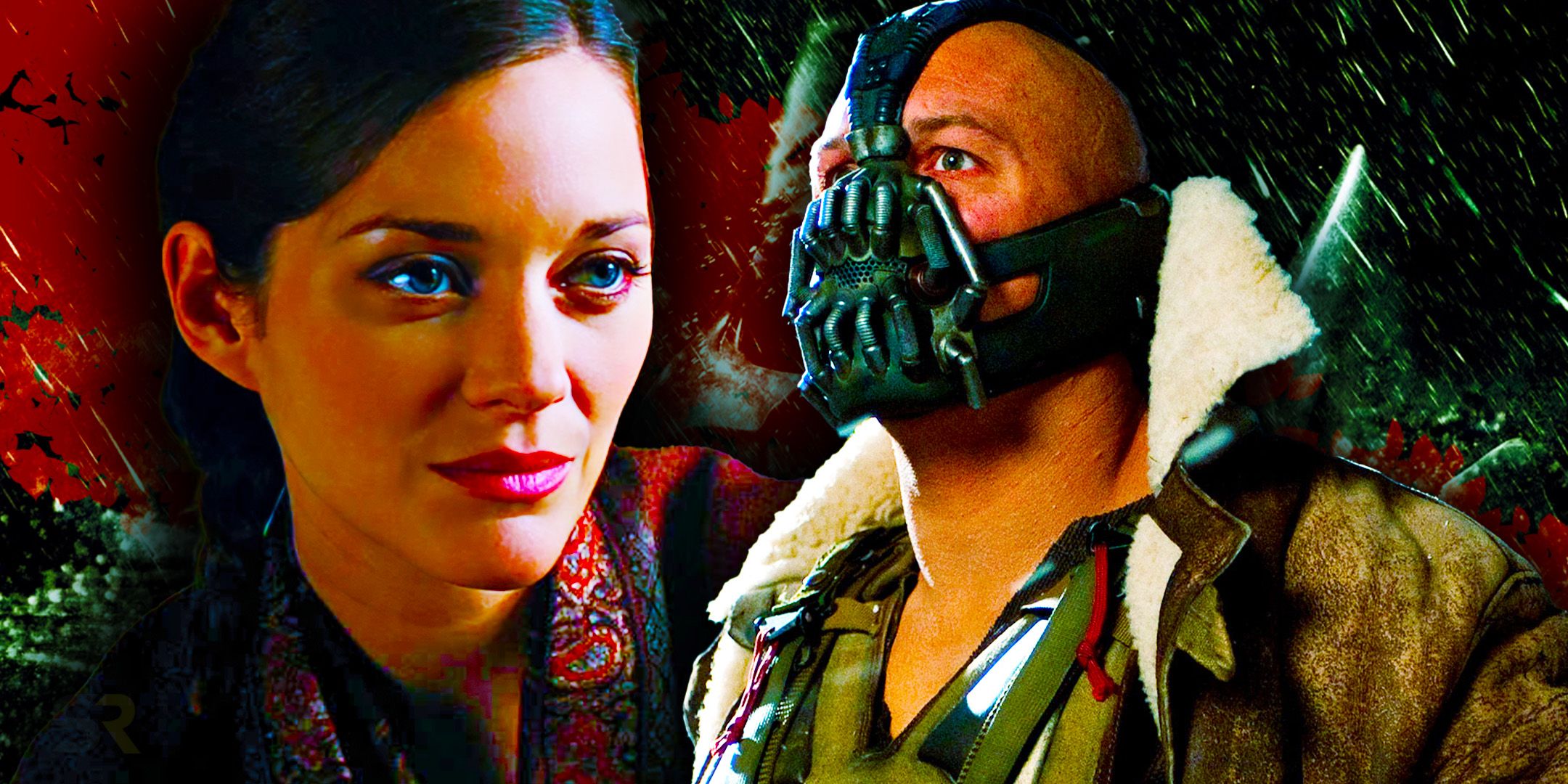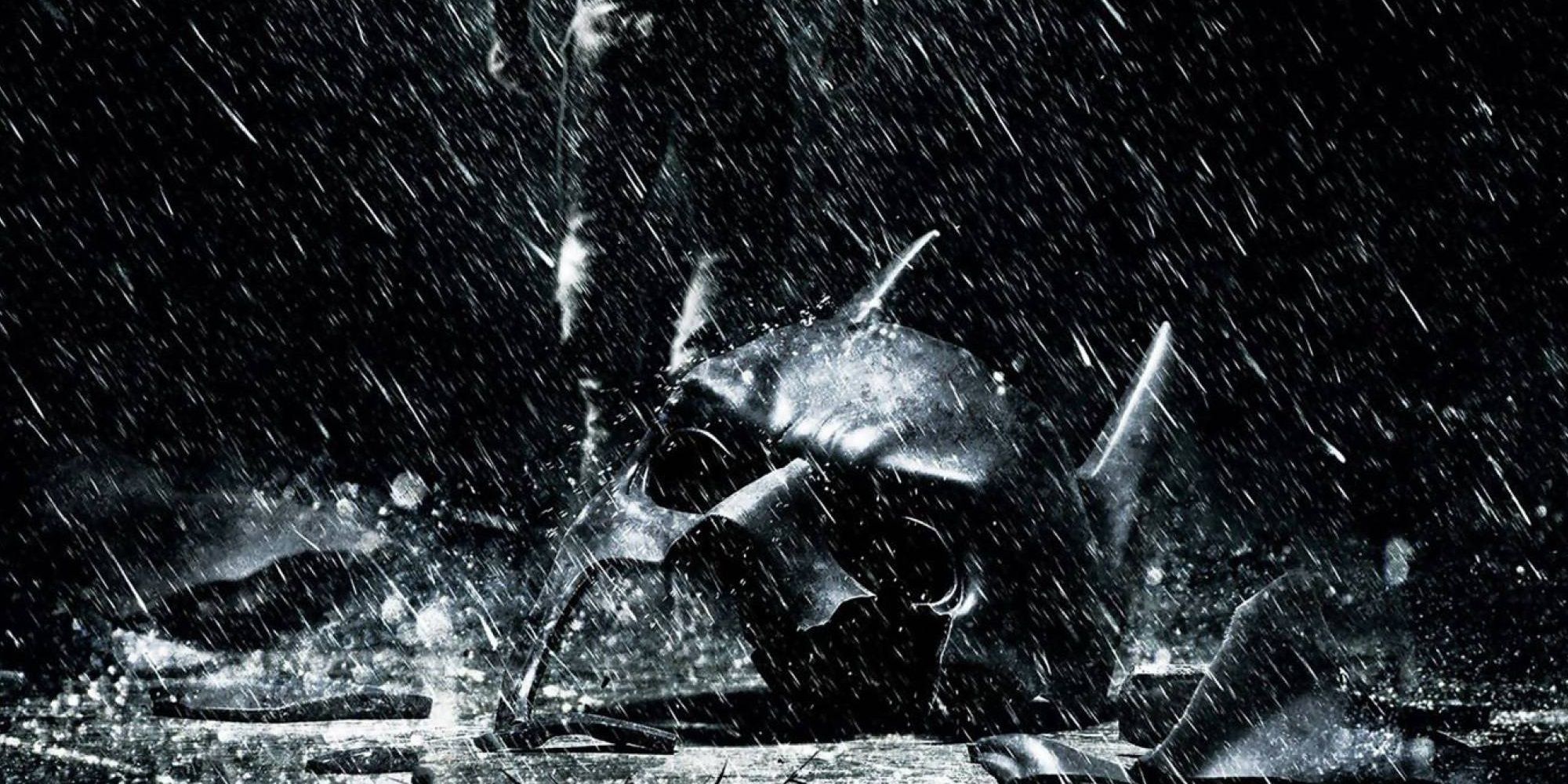The Dark Knight Rises, directed by Christopher Nolan, is a cinematic masterpiece that delves deep into the complexities of its characters, particularly the enigmatic villain, Bane. This film, the third installment in the Batman trilogy, brings forth a narrative that is both thrilling and thought-provoking. The role of the antagonist in this film is not merely to oppose the hero but to challenge societal norms and beliefs.
As one of the most iconic Batman films, The Dark Knight Rises offers a rich tapestry of themes that revolve around power, corruption, and redemption. At the heart of this story lies the character of Bane, whose actions and motivations drive the plot forward. This villain is not just a physical adversary but a philosophical one, questioning the very foundations of Gotham City's existence.
Understanding the villain's role in The Dark Knight Rises goes beyond merely analyzing his actions. It involves exploring the psychological and social implications of his presence in the narrative. This article delves into the intricate details of Bane's character, his influence on the storyline, and the broader implications of his existence in the Batman universe.
Read also:Exploring The Fascinating World Of Esports A Comprehensive Guide
Table of Contents
- Biography of Bane
- Character Depiction and Development
- Motivations Behind Bane's Actions
- Philosophical Impact on Gotham
- Comparison with Other Batman Villains
- Psychological Insights into Bane's Mindset
- Impact on The Dark Knight Rises
- Cultural Relevance of Bane
- Critical Reception and Analysis
- Conclusion and Reflections
Biography of Bane
Bane, the central villain in The Dark Knight Rises, has a fascinating backstory that adds depth to his character. Originally introduced in the comic book series, Bane's origins are rooted in tragedy and resilience. Born in a prison on the fictional island of Santa Prisca, Bane's early life was defined by hardship and survival.
Data and Facts
| Attribute | Details |
|---|---|
| Name | Bane |
| Birthplace | Santa Prisca |
| Occupation | Villain/Mercenary |
| First Appearance | Batman: Vengeance of Bane #1 (January 1993) |
| Portrayed By | Tom Hardy |
Tom Hardy's portrayal of Bane in The Dark Knight Rises brought a new dimension to the character, emphasizing his physical strength and intellectual prowess. This version of Bane is not just a brute but a master strategist who challenges Batman on multiple levels.
Character Depiction and Development
In The Dark Knight Rises, Bane's character is intricately woven into the fabric of the story. His physical appearance, marked by a mask and robust physique, symbolizes his strength and resilience. However, his true power lies in his intellect and ability to manipulate others.
Key Traits of Bane
- Unyielding determination
- Strategic thinking
- Charismatic leadership
- Philosophical depth
These traits make Bane a formidable opponent for Batman, pushing the hero to his limits both physically and mentally.
Motivations Behind Bane's Actions
Bane's motivations in The Dark Knight Rises are multifaceted. On the surface, he seeks to destroy Gotham City, but his deeper purpose is to dismantle the societal structures that he believes are corrupt and oppressive. His actions are driven by a desire for justice, albeit through violent means.
According to Christopher Nolan, "Bane represents a vision of justice that is unyielding and uncompromising, challenging the audience to question the nature of justice itself." This philosophical underpinning adds complexity to Bane's character, making him more than just a typical villain.
Read also:Kokomo Taxis Your Ultimate Guide To Reliable And Comfortable Transportation
Philosophical Impact on Gotham
Bane's influence extends beyond his physical presence in Gotham. He embodies a philosophy that challenges the city's elite and its systems of power. By orchestrating a revolution, Bane seeks to expose the flaws in Gotham's governance and bring about a new order.
A study published in the Journal of Film Studies highlights how Bane's actions reflect real-world issues of inequality and systemic injustice. This connection to contemporary social issues makes his character particularly relevant and thought-provoking.
Comparison with Other Batman Villains
When compared to other iconic Batman villains such as the Joker and Ra's al Ghul, Bane occupies a unique space. Unlike the Joker, who thrives on chaos, Bane is driven by a sense of purpose. Similarly, while Ra's al Ghul seeks to cleanse Gotham, Bane aims to empower its people through revolution.
This distinction is crucial in understanding Bane's role in The Dark Knight Rises and how he contributes to the overarching themes of the film.
Psychological Insights into Bane's Mindset
Psychologically, Bane is a complex character whose mindset is shaped by his traumatic past. His experiences in prison have instilled in him a deep-seated belief in the power of the oppressed. This belief is both his strength and his flaw, as it blinds him to alternative perspectives.
Experts in psychology suggest that Bane's reliance on his mask and venom system is symbolic of his dependence on external forces to sustain his power. This dependency reflects his inner vulnerability and humanizes his character.
Impact on The Dark Knight Rises
Bane's presence in The Dark Knight Rises significantly impacts the narrative, elevating the film to new heights. His introduction sets the stage for a battle of ideologies, where Batman must confront not only his physical limitations but also his moral beliefs.
The film's success can be attributed, in part, to the compelling portrayal of Bane. Critics and audiences alike have praised Tom Hardy's performance, noting how it adds depth to the story and enhances the film's thematic richness.
Cultural Relevance of Bane
Beyond the confines of the Batman universe, Bane's character resonates with contemporary cultural issues. His portrayal as a revolutionary figure speaks to the ongoing struggles against inequality and corruption. This cultural relevance makes Bane a timeless character whose story continues to captivate audiences worldwide.
According to data from Box Office Mojo, The Dark Knight Rises grossed over $1 billion worldwide, underscoring the global appeal of its narrative and characters.
Critical Reception and Analysis
Critical reception of Bane's character in The Dark Knight Rises has been overwhelmingly positive. Critics have lauded the depth and complexity of his portrayal, noting how it enriches the film's narrative. The character's philosophical underpinnings and psychological depth have been particularly praised.
For instance, a review in The New York Times states, "Bane's character adds a layer of sophistication to the film, challenging viewers to rethink their assumptions about justice and power." Such reviews highlight the enduring impact of Bane's character on both the film and its audience.
Conclusion and Reflections
In conclusion, the role of the villain in The Dark Knight Rises, particularly Bane, is pivotal to the film's success. His character embodies the complexities of justice, power, and revolution, challenging both Batman and the audience to reconsider their perspectives. Through his actions and motivations, Bane contributes to the rich tapestry of themes that define this cinematic masterpiece.
We invite you to engage with this article by leaving your thoughts and insights in the comments section below. Share this article with others who might appreciate the depth and complexity of Bane's character. For more captivating content, explore our other articles and delve deeper into the world of cinema and its fascinating characters.


